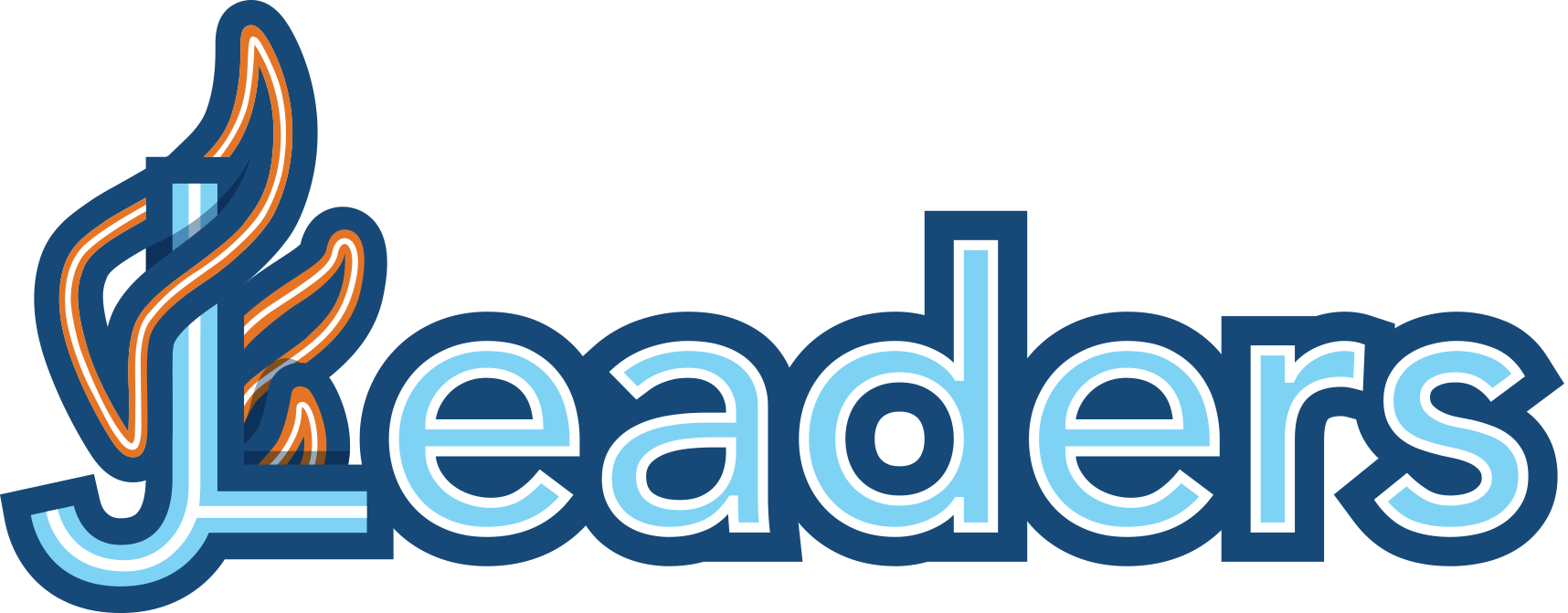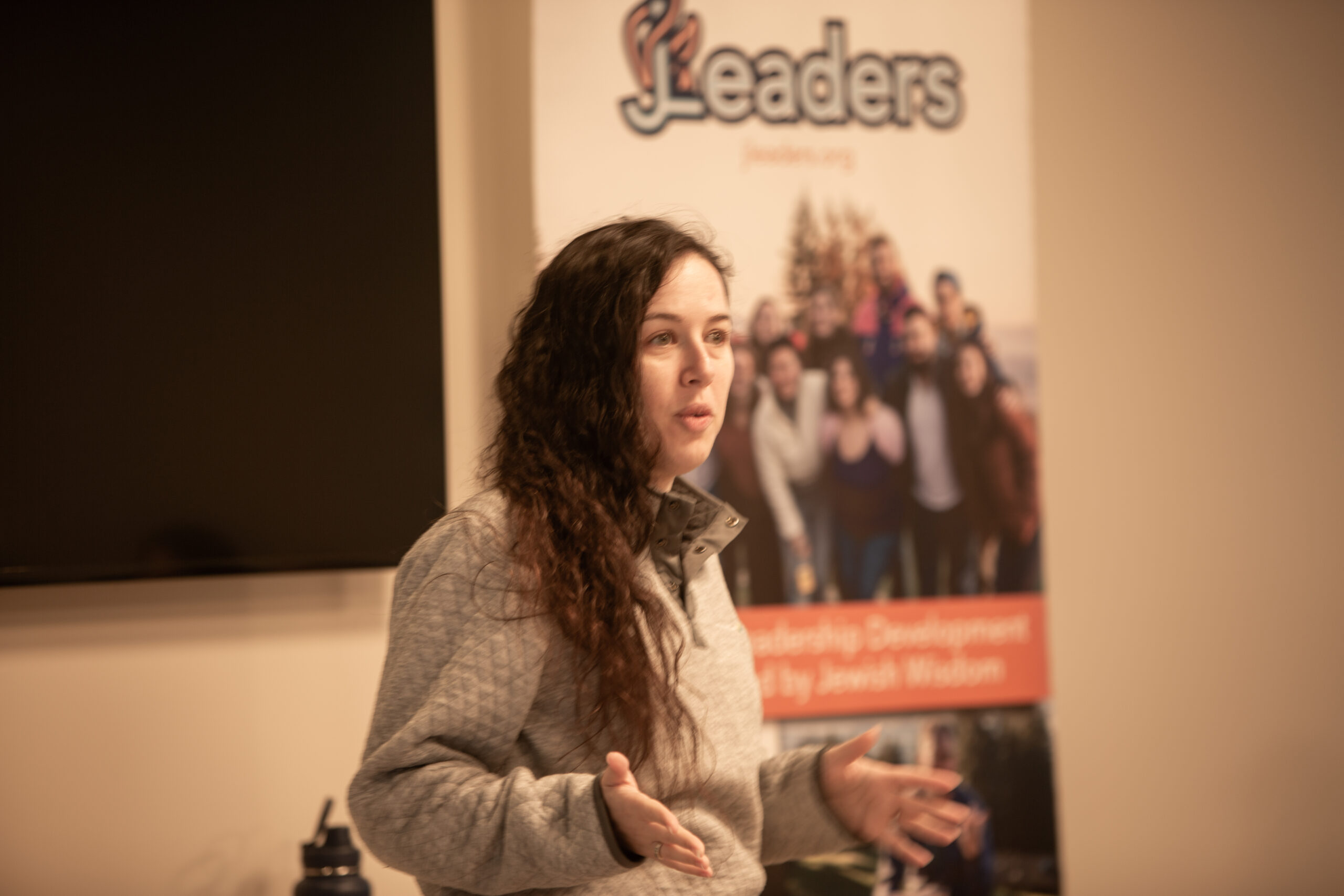By Alex Bolotovsky, CEO of J Leaders
Parsha in a Nutshell
Diving Deeper
1. Choosing Future Over Now
Esau says, “I’m about to die — what good is this birthright?” (Gen. 25:32)
He’s not dying. He’s hungry. But in that moment, the urgent outweighs the important, and he trades away something meaningful for instant relief.
Jacob, on the other hand, sees value in something intangible: something that will matter years down the line. It’s not about who was “right;” it’s about mindset: Esau thinks in moments; Jacob thinks long term.
Leadership lives in the decision to prioritize what lasts over what satisfies right now.
2. Agency Isn’t Always Clean
When Isaac is ready to bless Esau, Rebekah orchestrates a complicated plan for Jacob (Gen. 27). Jacob hesitates, not because he thinks it’s wrong, but because he’s scared of being caught. Rebekah pushes. Jacob acts. Esau collapses in heartbreak.
Nothing about this is tidy. But sometimes the choices that shape your future are confusing, pressured, and emotionally messy, but they’re still choices you own.
Toldot is brutally honest about human agency: People rarely make big decisions in calm, morally perfect conditions. They act in the grey and live with the consequences.
Leadership Takeaway
Most defining moments aren’t clean or obvious; they’re messy decisions made under pressure. Toldot teaches that leadership is choosing what matters for your future self, even in imperfect conditions.
Weekly Leadership Challenge
- Prioritize your future: Choose one action this week that benefits you long-term rather than gratifying you right now.
- Make one non-automatic decision: Interrupt a reflex or habit. Pause, think, then choose on purpose.
- Own it: Whether the decision is small or big, stand behind it instead of second-guessing in the rearview mirror.

